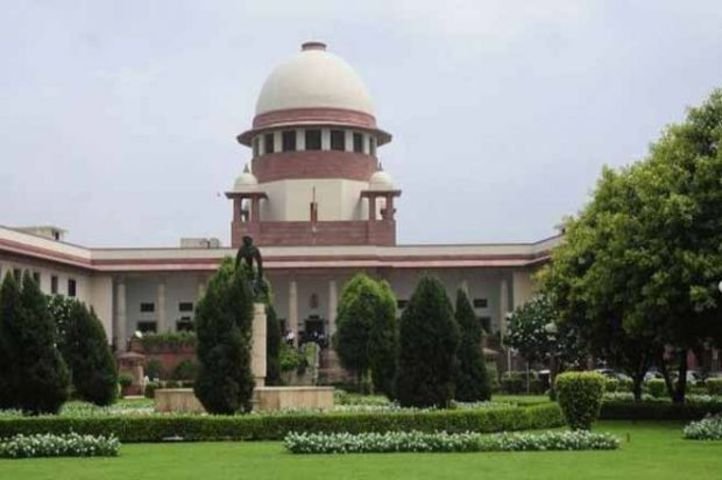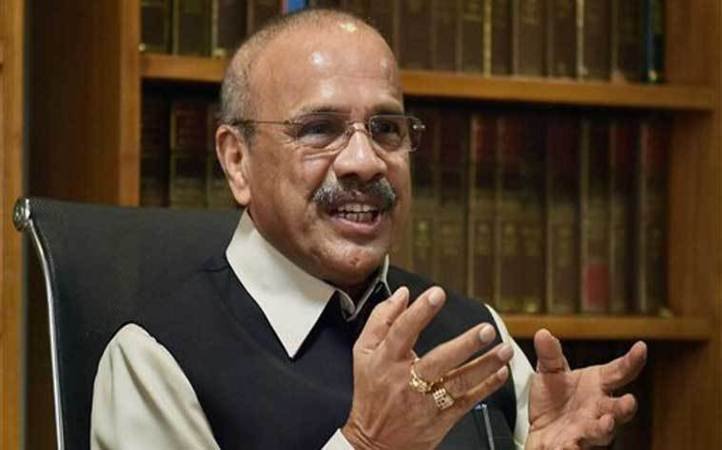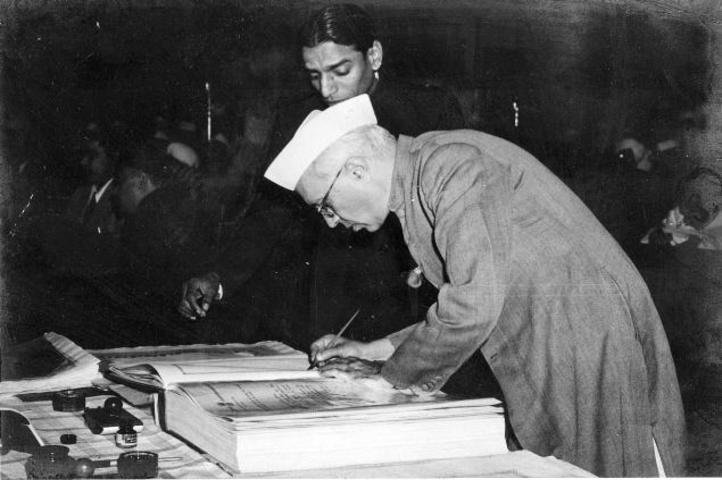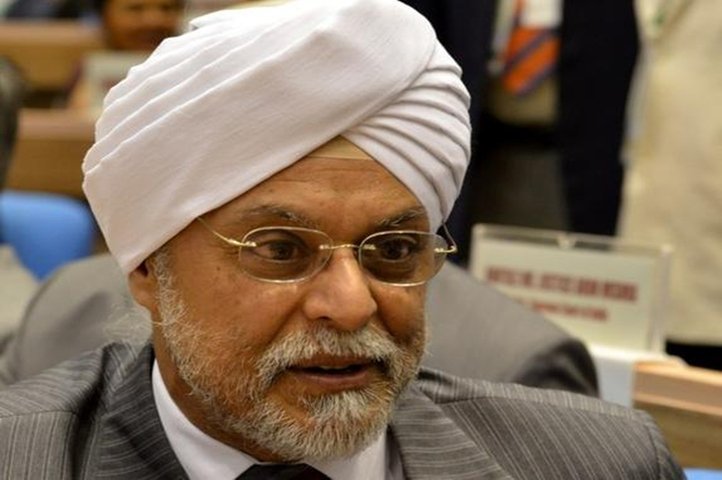In a judgment that sparked off a major debate in India, the Supreme Court declared the National Judicial Appointments Commission (NJAC) act as unconstitutional, and quashed the 99th amendment . With this it paved the way for the collegium system of appointing judges to prevail, which the NJAC was slated to replace.

The basic argument put forwarf by Justice J S Khehar who headed the bench that delivered the verdict, is that the NJAC, which involves the justice minister, the PM and a leader of the opposition in the process as well, will allow politicians to fill the judiciary with “favourites”, as reported by Hindustan Times .
But as constitutional experts and other personalities are engaged in arguments over the judgment, here is all you need to know about the issue regarding NJAC and the collegium system.
What is NJAC?

The National Judicial Appointments commission is an act meant to bring more transparency to the appointment of High Court and Supreme Court judges.
The judges under NJAC will be selected by members of the judiciary, legislature and civil society.
What is the collegium system?

Before the NJAC came about, this system prevailed for around two decades.
Under the collegium system, three senior SC judges choose judges for the Supreme Court and High Court.
How was NJAC to replace collegium?

To enable the transition from collegium to NJAC, the constitution was amended and articles 124 A, B and C were introduced by the parliament in August 2014.
This is also called the 99th amendment, and was done specifically to make NJAC valid.
How does it work?
The judges under NJAC will be selected by a commission which will have the CJI as its chairperson.
The CJI will be joined by two other senior-most judges of the SC, and the law and justice minister.
Finally two other “eminent persons”, one of whom will be a woman from SC or St group, will be selected by the CJI, Prime Minister and leader of opposition.
Justification for the replacement?

There are many factors put forth in support of NJAC, but the main idea is to involve the judiciary and legislation in it together, hence not allowing absolute power to a single institution.
What is the problem?

The reason for the opposition to NJAC, which culminated into a litigation in the SC leading to the current judgment, is the threat to the principle of judicial independence.
Justice Khehar stated that, “It would be of utmost importance therefore, to shield judicial appointments, from any political-executive interference, to preserve the ‘independence of the judiciary’, from the regime of the spoils system.
What happens now?

The decision of the Supreme Court to comes as a big quell NJAC comes as a huge setback to the Modi government which backed the act.
Now the collegium system which allowed the judiciary to appoint judges, will continue to shape the judiciary.
Arguments against the judgment.
Full blown collision between Government & Judiciary with striking down of NJAC- now question is will Parliament unite against verdict
— barkha dutt (@BDUTT) October 16, 2015 No doubt that collegium system lacks transparency,but sinister attempts by Modi Govt to impinge on independence of judiciary defeated #NJAC
— Raghav Chadha (@raghav_chadha) October 16, 2015 While the collegium system does ensure that the judiciary remains shielded from political interference, there is also a fair amount of opposition to it.
It is being suggested that the collegium puts the judiciary beyond questioning and it is not actually what the constitution originally proposed.
What did the constitution originally mention?
Independence of judiciary is under severe threat under present political dispensation.In that light SC judgment on NJAC should be welcomed.
— ashutosh (@ashutosh83B) October 16, 2015 Will the NJAC verdict be the precursor of an unprecedented legislature-Judicary confrontation? Personally NJAC decision welcome Google piece
— Manish Tewari (@ManishTewari) October 16, 2015 Articles 124 and 217 of the Indian constitution instructed that the judges apart from the CJI must be appointed by the President strictly in “consultation” with the CJI.
Although both systems have their advantages and potential downsides, the decision is an important one, given the importance of an effectively functioning judiciary to India.
Read more:

















